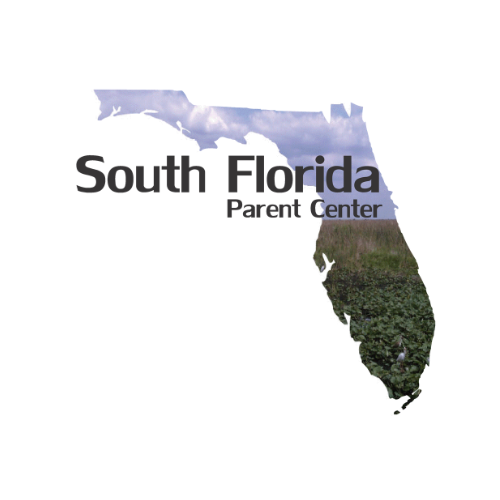Trust given is so hard to get back once lost.
In the beginning, with blind trust in the professionals working with our child, there was  never a need for conflict because there was an assumption that whatever was being done was always in the best interest of our son. During the early intervention period (Part C), when our son was so young, the services being provided were more family-centered and the process actually fostered closer relationships with the professionals that worked with our child. This strong bond and way of working was beneficial to all.
never a need for conflict because there was an assumption that whatever was being done was always in the best interest of our son. During the early intervention period (Part C), when our son was so young, the services being provided were more family-centered and the process actually fostered closer relationships with the professionals that worked with our child. This strong bond and way of working was beneficial to all.
We were so overwhelmed with all that was happening and really had no clue to the reality of the experiences that we would go through once we transitioned from Part C into Part B of IDEA when our son turned three. Transition to Preschool He made the transition into public school seamlessly and having only the experience of early intervention to reference, we continued to move forward with the same expectations of family-centered services.
I soon learned that public school was more regimented and although I was still welcomed in the building, the degree of participation seemed to be regulated with an expectation of “we are the professionals and we definitely know what is best for your child.” The older my child became, the greater the demands seemed to become on us as parents, to follow the rules and to trust the professionals to guide us.
For us, this trust was lost due to policies that were established on a district level and by pressure from administrators that ultimately led to what felt like a betrayal.
This is when I learned to see the school system as more than just the building my son went to every day. The reality is this: Our local school district is a multi-million-dollar bureaucracy, and in our community the single largest employer. As with any large employer, there exists a hierarchy of authority – and that hierarchy has a direct effect on the actions of the lower-level front-line personnel – the very people to whom we had given our trust.
We realized that there are times when the local school staff has no control over decisions that are made as they must follow directives that are given by administrators. We also learned that those personnel are sometimes forbidden to share certain information with us.
This hierarchy exists in every school district so the potential for a loss in communication and trust is a reality all parents must face. So what should we do?
Establishing accountability for events as they happen will keep you from making incorrect assumptions about individuals and perhaps alienating them from your support team when they have no control over what happens. Regardless of what events occur, it remains critical to the success of your child that you establish a way of work with all. I have learned that sometimes all you can do is agree to disagree and move on.
 On the positive side, it is a lesson learned in complacency that should reinforce the need to remain involved and vigilant when it comes to the business of educating our children. Learn to rely on your own instincts as a parent as most often they are correct. Learn procedural process and give trust those who have earned it.
On the positive side, it is a lesson learned in complacency that should reinforce the need to remain involved and vigilant when it comes to the business of educating our children. Learn to rely on your own instincts as a parent as most often they are correct. Learn procedural process and give trust those who have earned it.
If the best you can do is an uneasy truce – though not the most desirable of dynamics – at least you are able to work together to meet the needs of your child.
